EU Justice Commissioner Didier Reynders has expressed sincere hope that a positive assessment of the first payment request from Poland will be presented soon. Earlier, while acknowledging the achievements the Hungarian government reached, he said that "if we block money to get results, we should unblock the money when we get results". What kind of results can we talk about in Poland that would be so convincing to the commissioner?
It is difficult to talk about results, unless riding roughshod over the freedom of the press and freedom of expression is considered a result, if the unlawful removal of the heads of Polish public television and radio, and the state news agency, with the help of law enforcement, is a result. Or perhaps a result means the open threats against judges and attempts at their removal, and the open political attacks targeting the constitutional court; or the political showdown, the unlawful arrests of high-ranking right-wing politicians who had been granted presidential pardons. Or possibly the hundreds of thousands of people taking to the streets to protest Tusk's political terror and the actions taken by the new left-wing government is seen as a "result", proof that the freedom of assembly exists.
Meanwhile, Brussels, the NGOs in Soros's network and the Democrat-led United States remain consistently silent, no procedure has been initiated and no condemnation has been made.
In fact, the EU commissioner even seems to be offering a reward for breaking the law. It will be difficult to turn back from here, this new form of applying double standards will set a dangerous precedent.
Elections are coming up. The EU elites appear to want to corner right-wing forces: money or sovereign ideology. Will this year's June be the test?
Democracy is fundamentally and unquestionably distinguished from autocracy by the violent acquisition and/or retention of power (Gunter Frolich/Roman Herzog Institut). If the Tusk government's rampage in Poland is approved by Brussels, it can indeed be seen as a kind of cornering certain political forces. Moreover, it can be seen as an open disregard of the will of the people that countries that help globalist/Brusselsite forces into power receive support unconditionally, while countries with sovereigntist governments face retaliation. Schuman, De Gasperi, and especially De Gaulle are now turning in their graves.
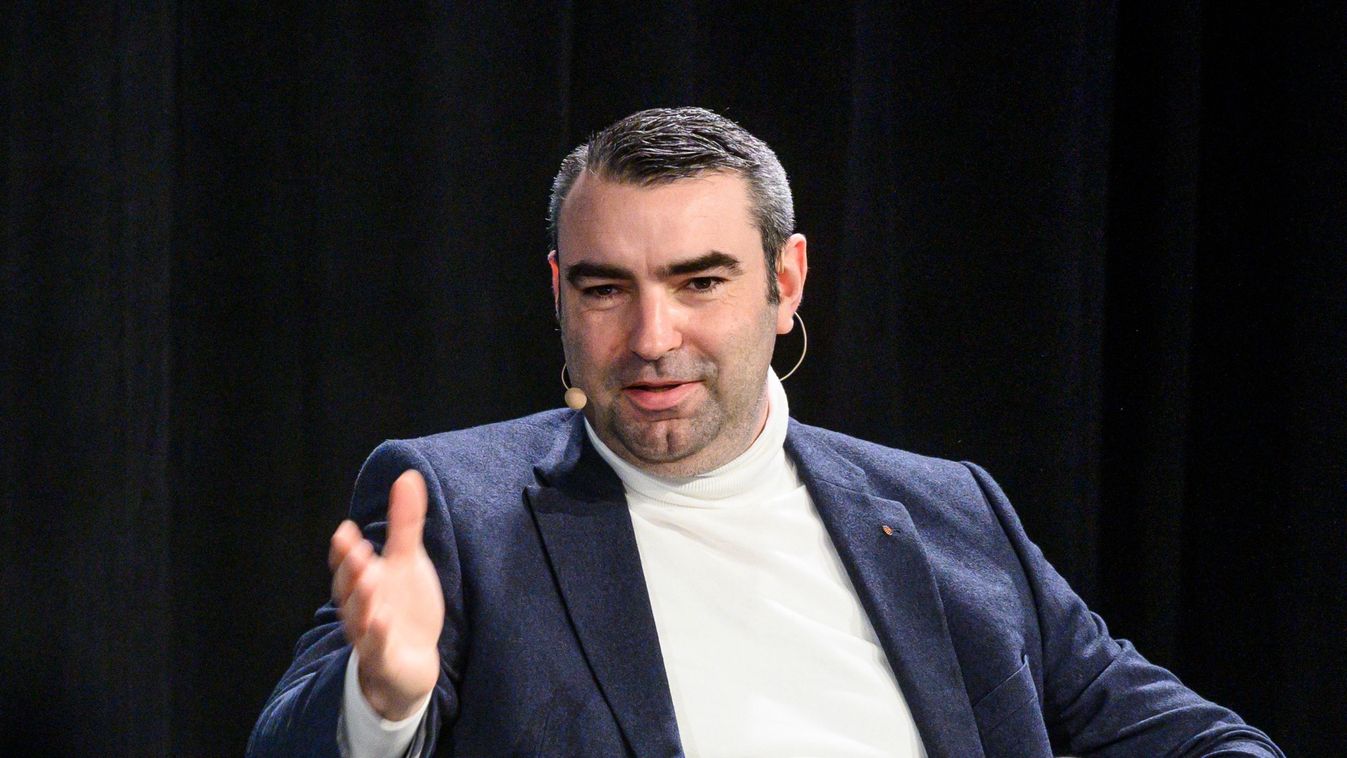





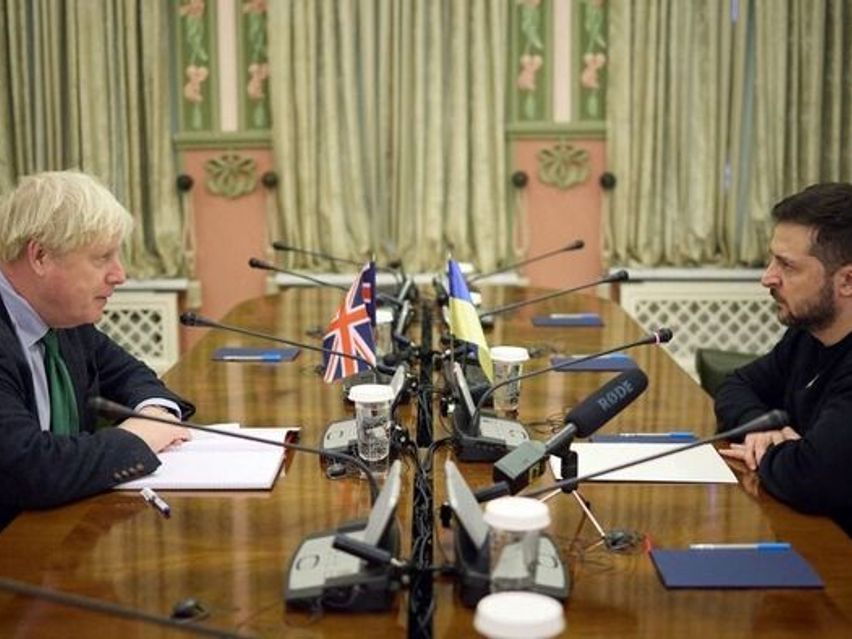
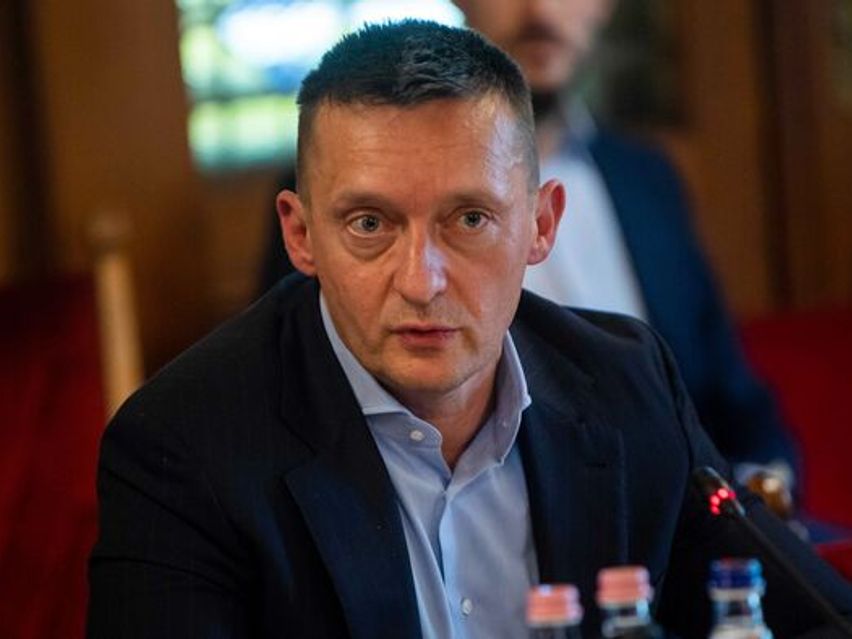
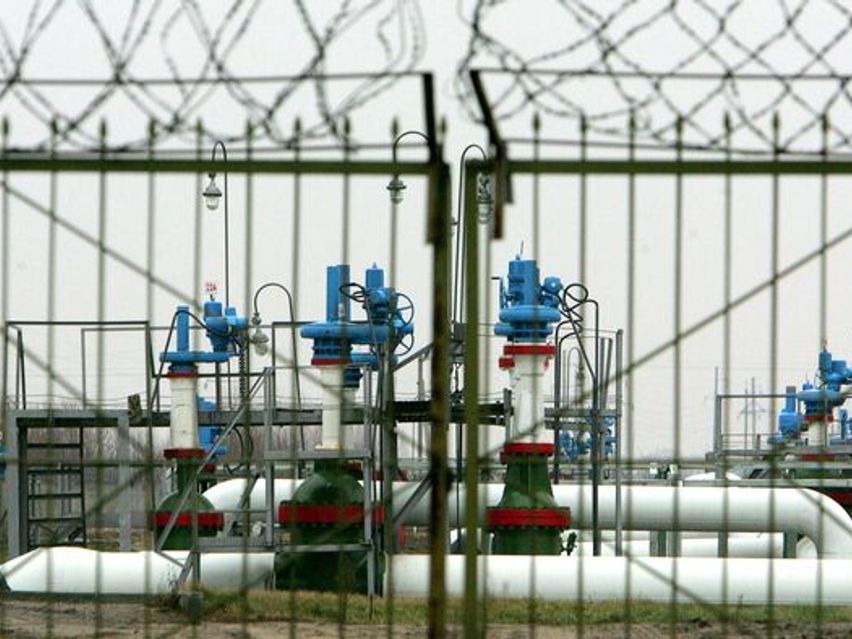




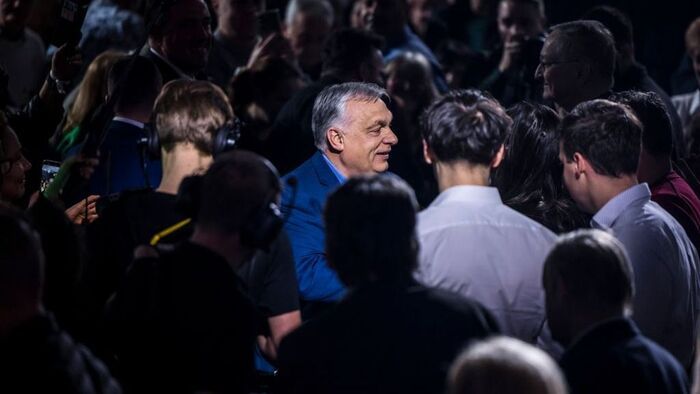

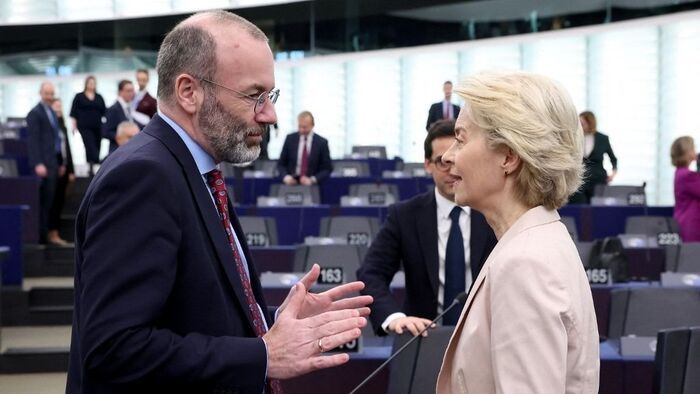
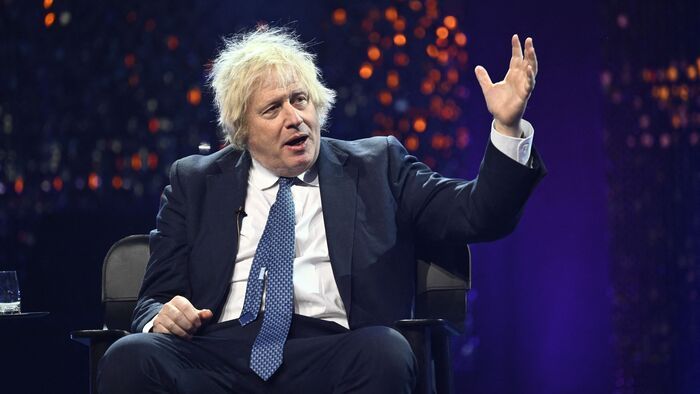
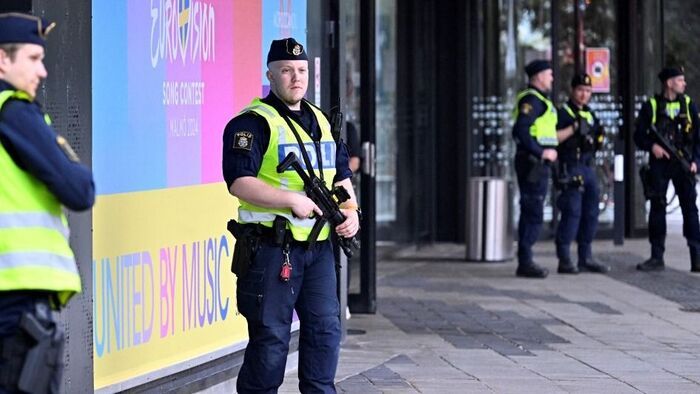



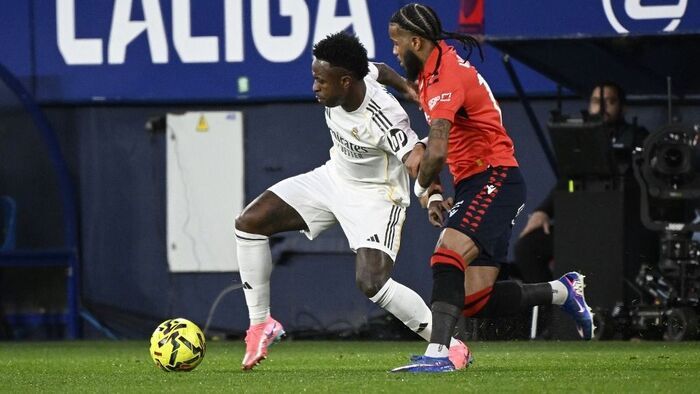

Szóljon hozzá!
Jelenleg csak a hozzászólások egy kis részét látja. Hozzászóláshoz és a további kommentek megtekintéséhez lépjen be, vagy regisztráljon!